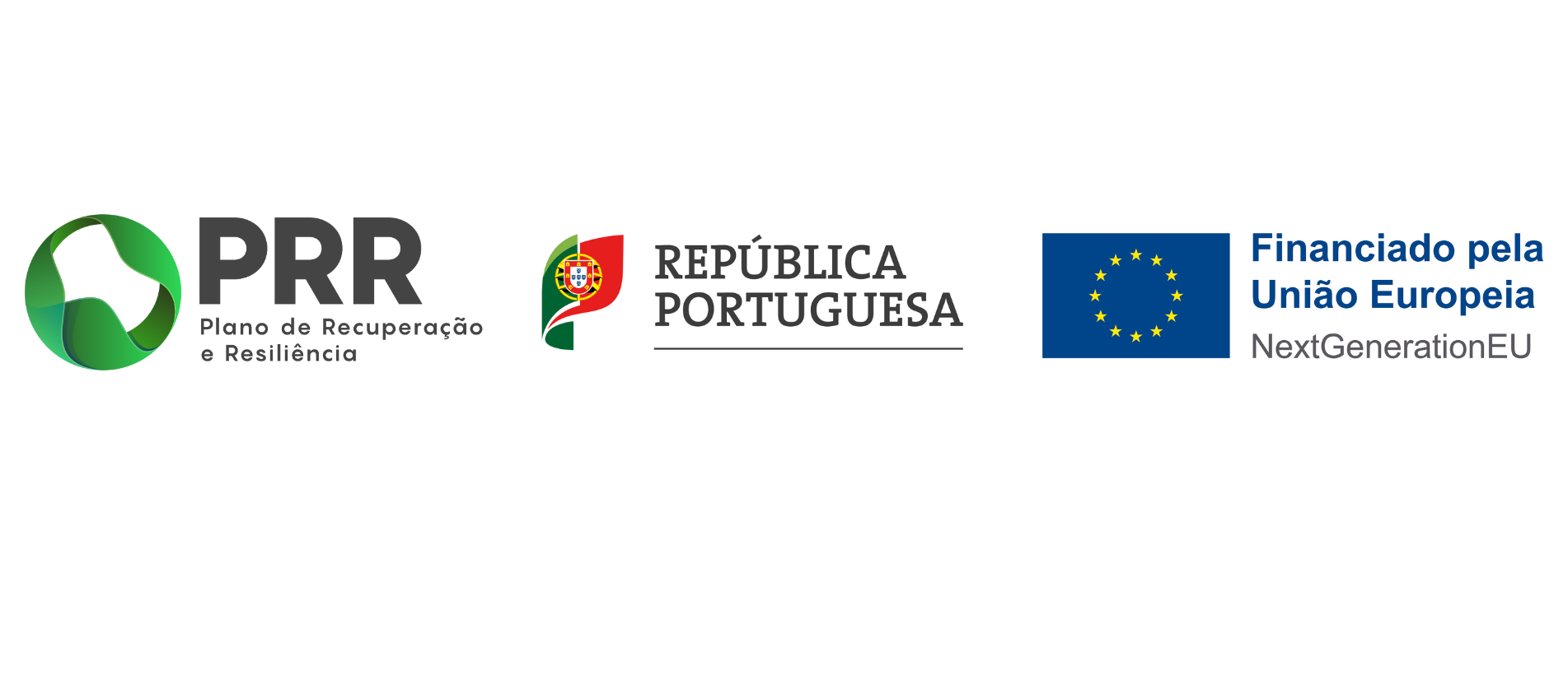Back
/
/
The metropolitan areas of Lisbon and Porto presented yesterday in the Super Bock Arena - Rosa Mota Pavilion, before an audience of 300 people, the work that has been developed by their 35 municipalities as part of the social responses from the Recovery and Resilience Plan approved by the European Commission.
The Metropolitan Areas action plans have an allocation of EUR 243 million for interventions to be developed by 31 December 2025 in communities marked by various social and economic vulnerabilities.
During the morning took place a technical session with the participation of representatives of the promoting entities, associative leaders and municipal directors and officers.
Two panels discussed issues such as the need for new responses to persistent social problems, the level of community involvement and the effectiveness of interventions in the territories.
The first panel included Filomena Santos, from the Municipality of Gondomar, Raquel Castelo Branco, from the Municipality of Porto, Fernanda Lopes, from the Municipality of Sintra and Carina Larsen, from the Aga Khan Foundation, moderated by Paulo Queiroz (consultant to the Porto Metropolitan Area).
The group discussed projects such as the “Operação Aro”, the melodic line that unites generations (Gondomar), whose main objectives are to reduce the social isolation and subjective feeling of loneliness of the senior population by gathering a Creative Orchestra and an Intergenerational String Orchestra; the “Porto Cidade Amiga das Pessoas Idosas” project, which aims to respond to the rapid ageing of the population of the city of Porto and create urban environments that allow older people greater civic and community participation; and the Bytes4Future (Sintra) project, focused on the upskilling and reskilling of young and active people from socially vulnerable contexts, geared towards adaptation to digital transition.
The second panel included Soraia Issufo, from the Municipality of Seixal, Carolina Leão, from the Women Democratic Movement, Beatriz Meireles, from the Municipality of Paredes, and Manuela Duarte, from the Municipality of Valongo, moderated by Sérgio Barroso (consultant to the Lisbon Metropolitan Area).
The project "Quinta da Princesa com Elas tem Vida", presented by Seixal, has carried out actions to promote student success and the revival of knowledge, innovative projects of social cohesion, learning the Portuguese language and digital inclusion, among others, aimed at women.
In the afternoon, Ariana Pinho, CEO of the Porto Metropolitan Area, and Carlos Humberto de Carvalho, CEO of the Lisbon Metropolitan Area, presented the main results of the monitoring reports of Integrated Operations in Disadvantaged Communities in the Porto and Lisbon Metropolitan Areas.
These operations share goals such as reducing poverty and social exclusion, promoting access to housing, health and public services, improving the social and economic skills of populations, improving social inclusion and innovation, and expanding the skills and resilience of communities.
The meeting was attended by the Minister in the Cabinet of the Prime Minister and of Territorial Cohesion, Manuel Castro Almeida, the presidents of the Lisbon and Porto Metropolitan Councils, Carla Tavares and Eduardo Vítor Rodrigues, respectively, the Mayor of Porto, Rui Moreira, and the Secretary of State for Local Administration and Land Planning, Hernâni Dias.
In his speech, Rui Moreira referred that “social cohesion is an objective that must be achieved, above all, at local and metropolitan level”, given the central role that municipalities have in addressing the phenomena of poverty and social exclusion. For the Mayor of Porto, therefore, it makes “every sense that, at metropolitan level, municipalities define integrated strategies, reconcile interests and coordinate projects in the field of social action”.
The President of the Porto Metropolitan Council agrees with the idea that metropolitan action plans for disadvantaged communities are “powerful mechanisms for empowering people and improving the quality of life of our communities”. Eduardo Vítor Rodrigues stressed that the work articulated between metropolitan areas was an “extraordinary challenge of mutual learning, regardless of the specific paths followed for each territory”.
Carla Tavares considered that the meeting “demonstrates that the joint and combined work that has been developed is advantageous not only for the two big cities, but also for the municipalities that compose them.” For the President of the Lisbon Metropolitan Council “breaking the intergenerational cycle of reproduction of poverty and exclusion has become an immense challenge posed not only to municipalities as single entities, but also as members of a wider community”.
The Minister in the Cabinet of the Prime Minister and of Territorial Cohesion closed the set of interventions. Manuel Castro Almeida has no doubt that “giving metropolitan areas the responsibility of making an integrated programme is a good idea and handing over to municipalities the responsibility of finding the best partners at local level is an excellent idea”. The head of government for Territorial Cohesion concluded with one idea: “If all goes well, in a few years these unintegrated people will no longer need help. That will be the main indicator of the success of this programme.”
In the end, two cultural moments entertained the audience: one of dance, by Ritmo’CAID – Cooperativa de Apoio à Integração do Deficiente de Santo Tirso, and another of music, by Grupo de Cantadeiras de Cabreiros de Arouca.
#PRR #NextGenerationEU #NextGenEU #construirofuturo #resiliencia #transicaodigital #transicaoclimatica #somosprr
Photography: Vinicius Valpereiro

Archive
Share
news















